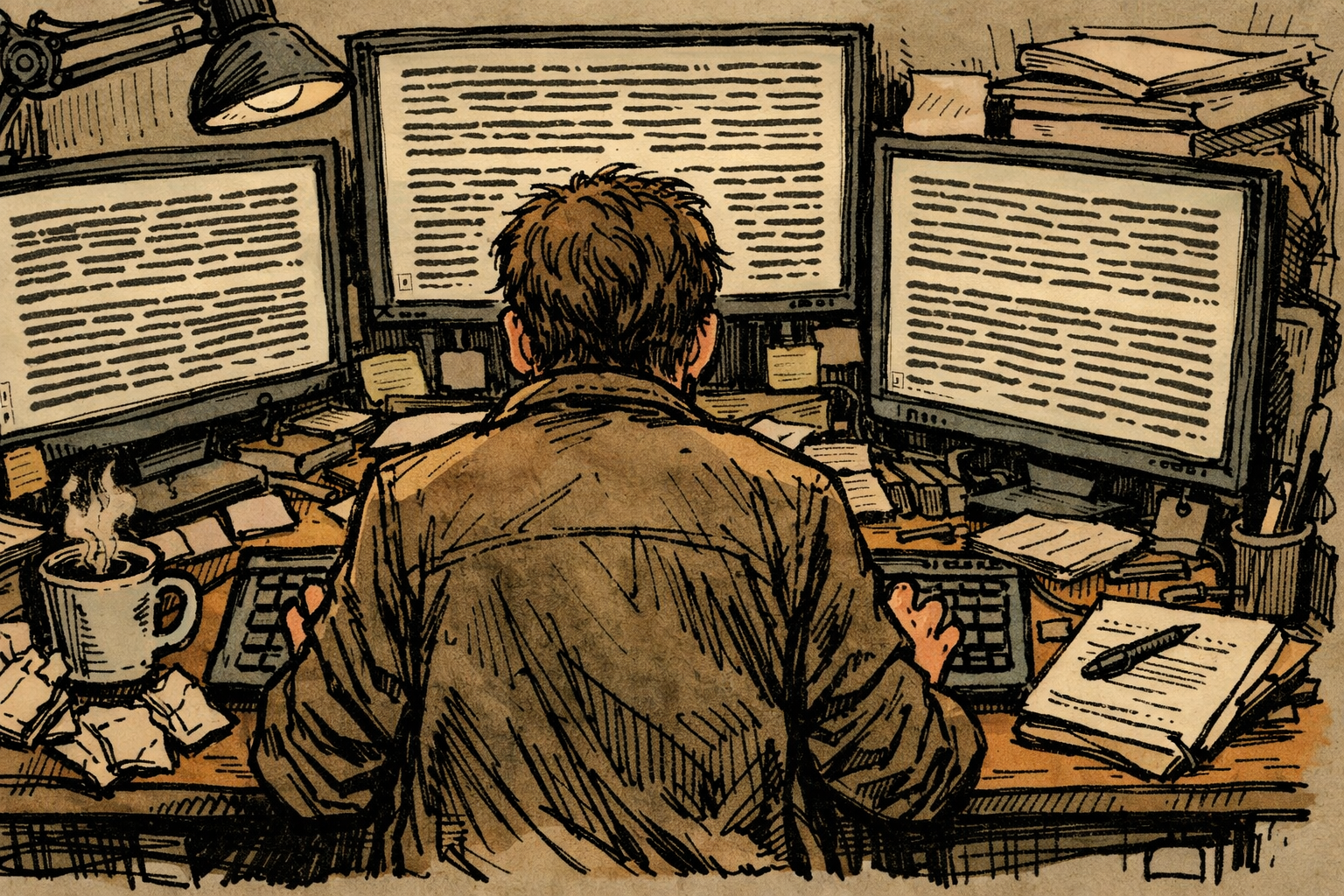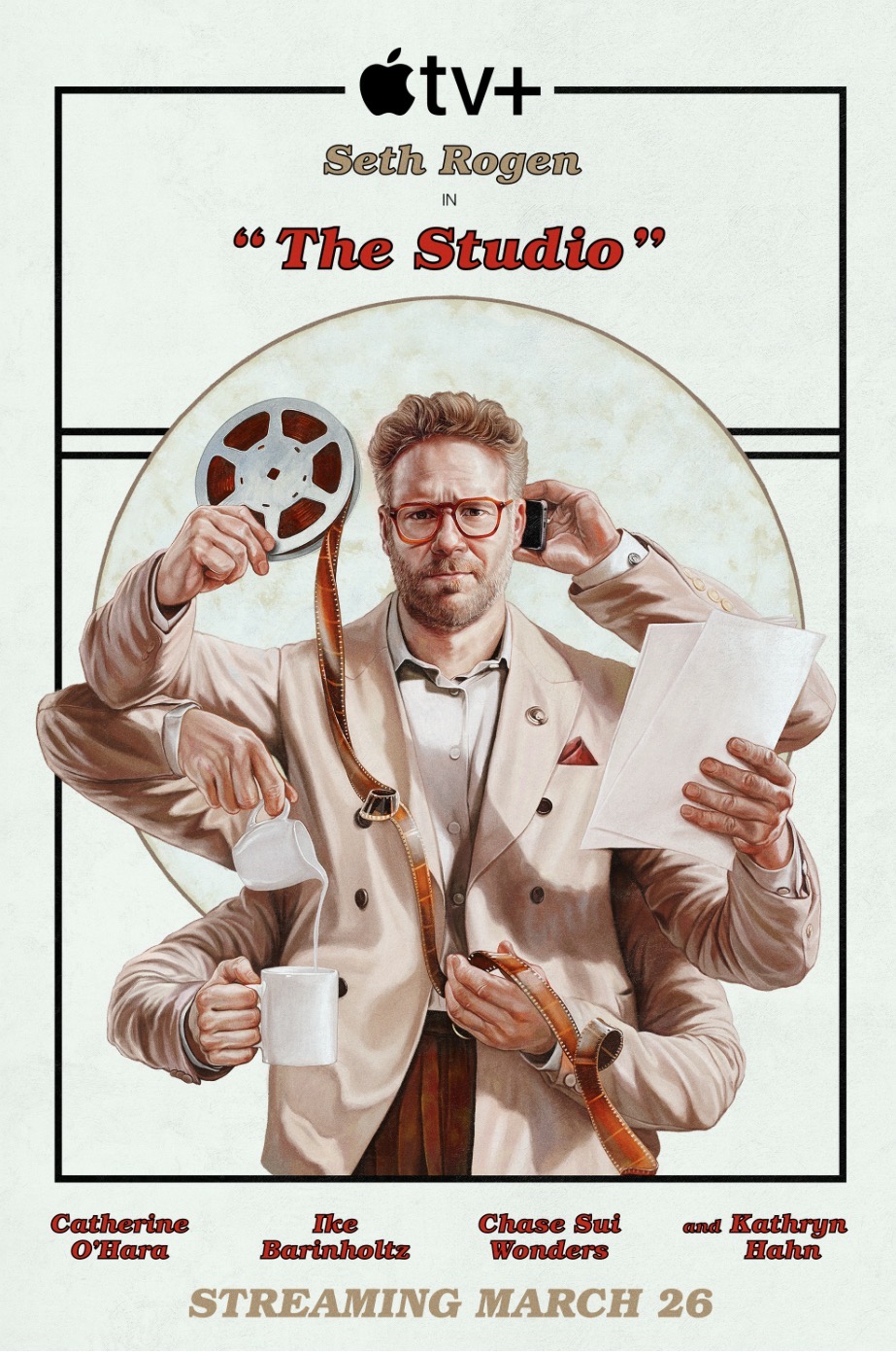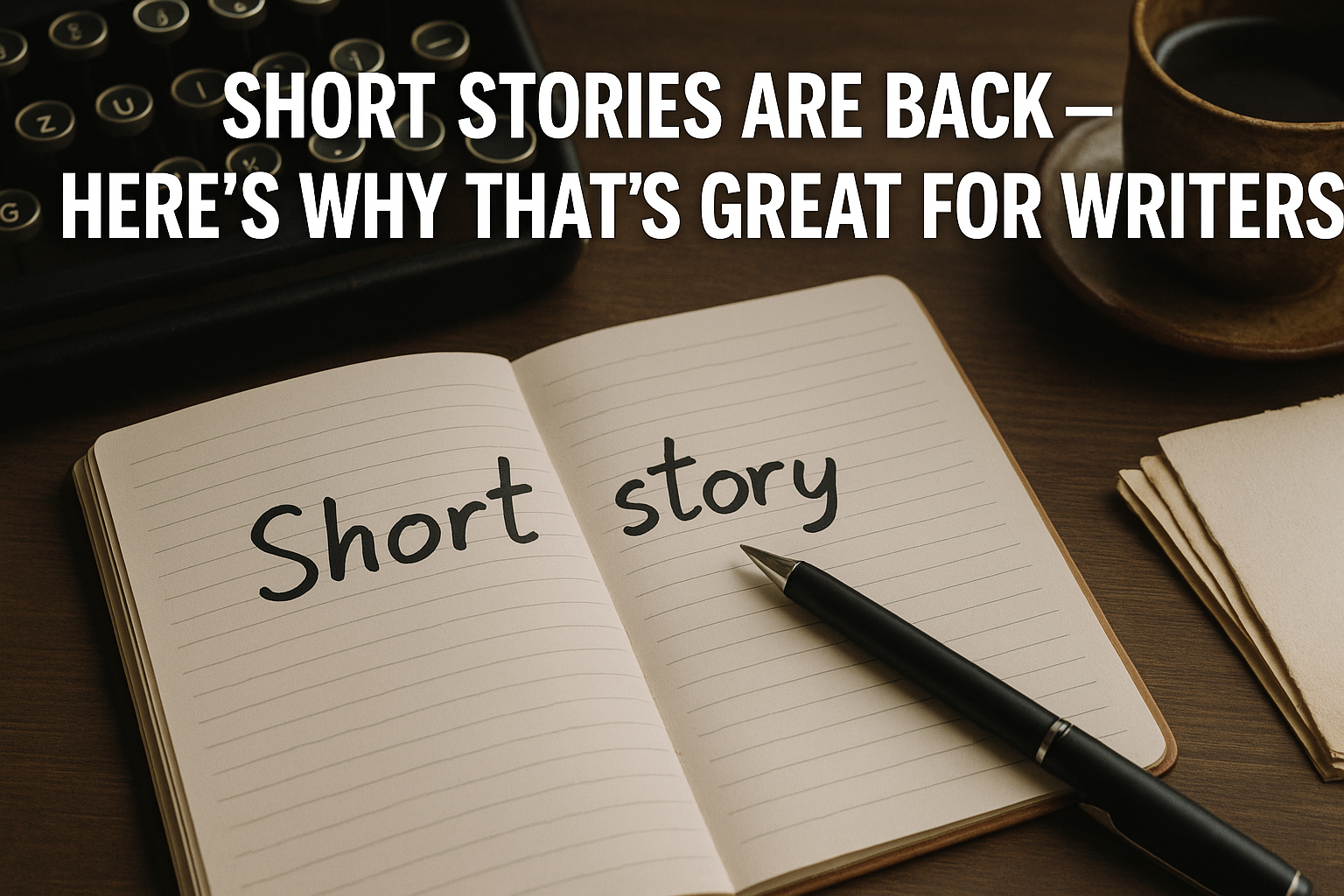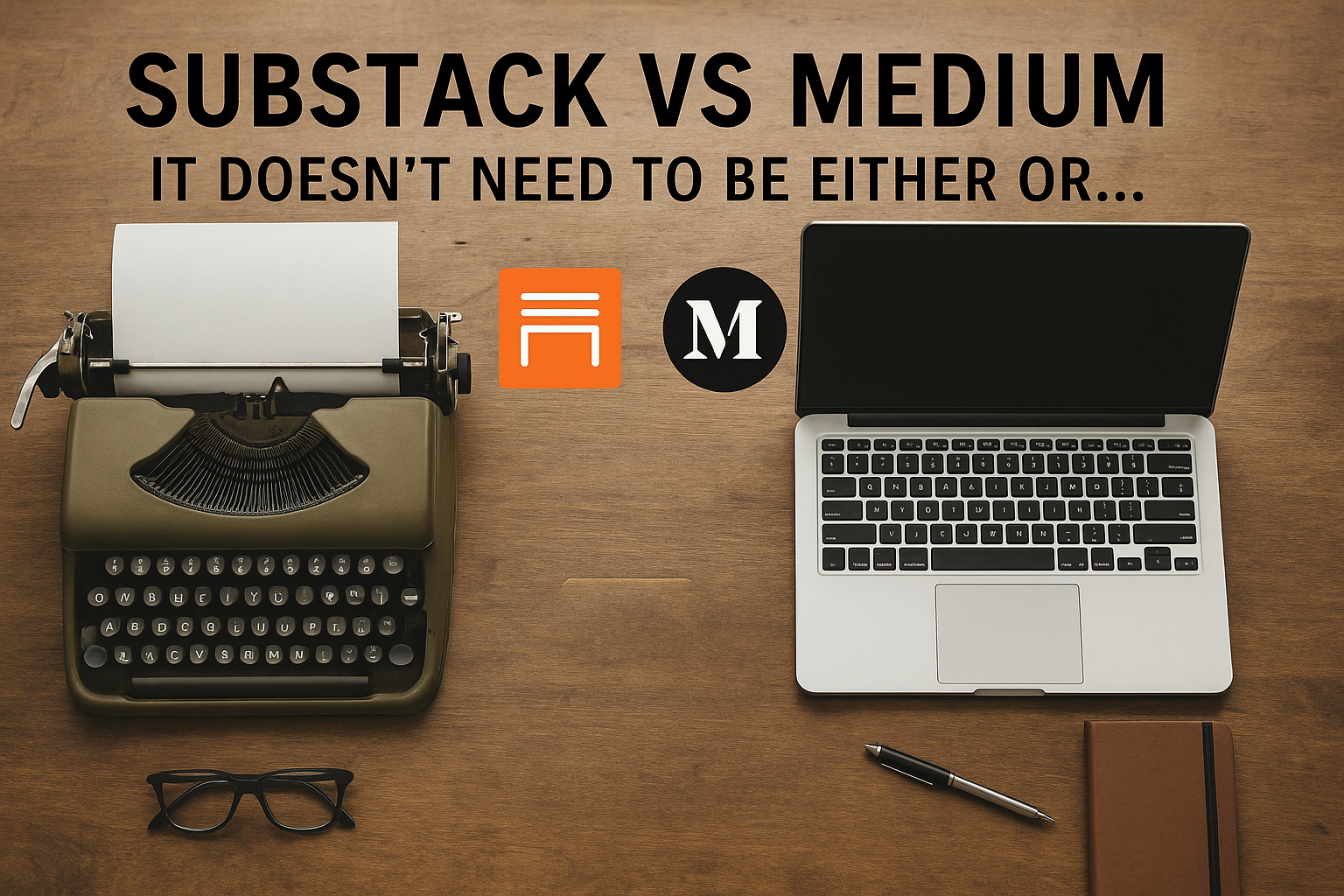Ghostwriting pros and cons. Is it worthwhile or soul-destroying?
I used to do a lot of ghostwriting, and it has its pros and cons. I should preface this piece by noting that, as I have written 100s of ghostwritten articles over the years, I am generally ok with it, but am now easing off a bit for multiple reasons I will go into.
Some people build entire careers as ghostwriters, and I can see the appeal – more money – but it isn’t for me. Conversely, there are people who grow their careers using ghostwriters and seem completely cool with it.
Now that AI has been chucked into the mix, things are also, predictably, changing.
What is ghostwriting?
I guess I should start by explaining what I mean by ghostwriting. The term isn’t exactly set in stone. Here is what Wikipedia has to say on the matter.
Back in the day, a ghostwriter tended to be someone who wrote books and/or memoirs for someone else. Nowadays, it is more general – writing something that a different person will take credit for. However, some consider it to be simply anything where you aren’t credited.
I consider it to be writing anything where the credit is claimed by someone else. This includes where the author is implied but not stated. For example, I used to write a monthly introductory opinion piece for a magazine. It wasn’t credited to anyone, but the implication was that the editor wrote it. So, I couldn’t claim it for my portfolio or share it as mine.
On the other hand, I have written for magazines and newspapers that don’t do bylines. This seems a bit negative, but it means I can share the work, as I wrote it, and it isn’t claimed by anyone else. There is no debate, and if the editor is asked, they will say it was written by me.
This can all be debated. I am here to discuss what it’s like to ghostwrite for a living, the pros and cons, and why I am personally shifting away from the whole thing.
The kind of work I do
I got most of my gigs through a writing site I used to have and various platforms (like Fiverr or Medium). The work was generally writing business articles, thought pieces, blogs, advertorials, and so on. Stuff for people who want to advance their careers but lack the skills to write the material themselves. Which is fair enough.
I have also been asked to write longer pieces, but I always resist for reasons I will explain in a minute.
A significant portion of my work was for corporations and magazines, such as Business Insider or Business Africa. Sometimes, no credit is attributed to anyone, but the piece is written using a plethora of inclusive pronouns. ‘We at (insert company) pride ourselves on…’ etc. Or the credit goes to: ‘Written by the (insert company) team’.
Again, this is fine, and it’s barely what I would consider ghostwriting – it is more marketing.
Sometimes, however, I have to research and write something credited to someone else. This is where another name is put to my work. This can involve reading through some of their other work and writing an article that will hopefully be published, but is written in their style. It is all a little strange at first, but you get used to it. Mostly.
What is good about it?
The money.
Generally, you get paid pretty well. Once you get started and work rolls in, you can make some decent dosh and the slight weirdness doesn’t matter.
I don’t want to put anyone down, but there are a lot of people who want to be seen as writers, but aren’t all that great at writing. This is fair enough, we all specialise.
Regular work with decent people
When you get a nice client, and one who thinks you write how they want to sound, it can be decent, regular work. You can also build good relationships and meet some pretty cool people. When they like your work, it can be satisfying. I’ve met several clients socially, in more than one country.
At my peak, about 50% of my income was from ghostwriting.
What’s bad about it?
It can be weird
The first time you ghostwrite something and see the article credited to ‘Joe Bloggs – journalist, thinker, leader’ or whatever, is a little weird. It made me feel both proud and sad at the same time. Especially if it appears in a respected publication and the comments are overwhelmingly positive about what a great piece it was.
It can be a confidence booster, but it can also be annoying
It always boosts confidence to know your work is good enough for a well-known magazine. But you might also feel a bit annoyed that no one will ever know who really wrote it, and that someone who happens to have more cash than you is getting the credit. This is an issue for me, anyway.
It is a one-time deal with no added ongoing benefits
Another problem is that each project is a one-time gig with no other benefits. When I write something under my own name, I can add it to my portfolio, share it as a sample, rewrite it for somewhere else, and generally increase my internet presence. Publishing under your own name also increases the likelihood of my work being discovered and attracting someone who may offer me more work. Ironically, this is how I acquired many of my ghostwriting clients.
As I said earlier, I turn down longer jobs. This is partly due to the one-time gig aspect. It takes a lot of my time, and apart from a payment, there is no other benefit. If you write a book under your own name, you could theoretically earn money from that for the rest of your life.
Clients can suck
Some clients can also be a nightmare. They can get mega specific about what they want and then change their minds. These are often the people who want a Zoom meeting that lasts hours and who then decide they want something different.
I used to insist on a written brief first, but some people seem convinced that they think better when thinking aloud. They will sometimes claim not to have the time to write a brief, but then spend ages discussing angles without providing any specifics. I learnt to write a follow-up email with all the points made in the chat written down and have them confirm that is what they want. Otherwise, the job can go on forever.
You also have to trust them to pay you.
AI is raising its intrusive digital head
I’m pleased that AI writing is still pretty bland and not good enough for decent writing. However, its impact is being felt everywhere, and it is already affecting ghostwriting— and most writing —at the lower end.
I’d say about two-thirds of my work was for regular clients. The rest was for very small businesses that wanted something better than what they could do on their own. This was generally pretty easy work and could easily be done by an AI – and is.
Final thoughts – is ghostwriting a viable option?
The hardest thing about ghostwriting is getting the initial work. If you can achieve that, you should be ok. Unfortunately, AI will be making it harder. You will increasingly find it more difficult to persuade people of the need to hire you.
Then, if you are anything like me, you will enjoy the cash but find it an increasingly weird and unsatisfactory way to make a living. I won’t describe it as ‘soul-destroying’, but I am no longer a fan.
Personally, while I don’t mind ghostwriting, I want to build my profile more than I need the cash. So, I will be moving away from it all. Of course, I will still write for clients I like or clients that pay well – ideally the same people – but other than that, I will be pitching more to magazines or publications I like under my name.
Of course, if I can start making more money writing fiction or other projects that provide passive income, then I will stop working with clients entirely.
Superb examples of these alternatives are my short books, Medium stories, and my Intriguing Times substack. So, you know, check them out for research…




















